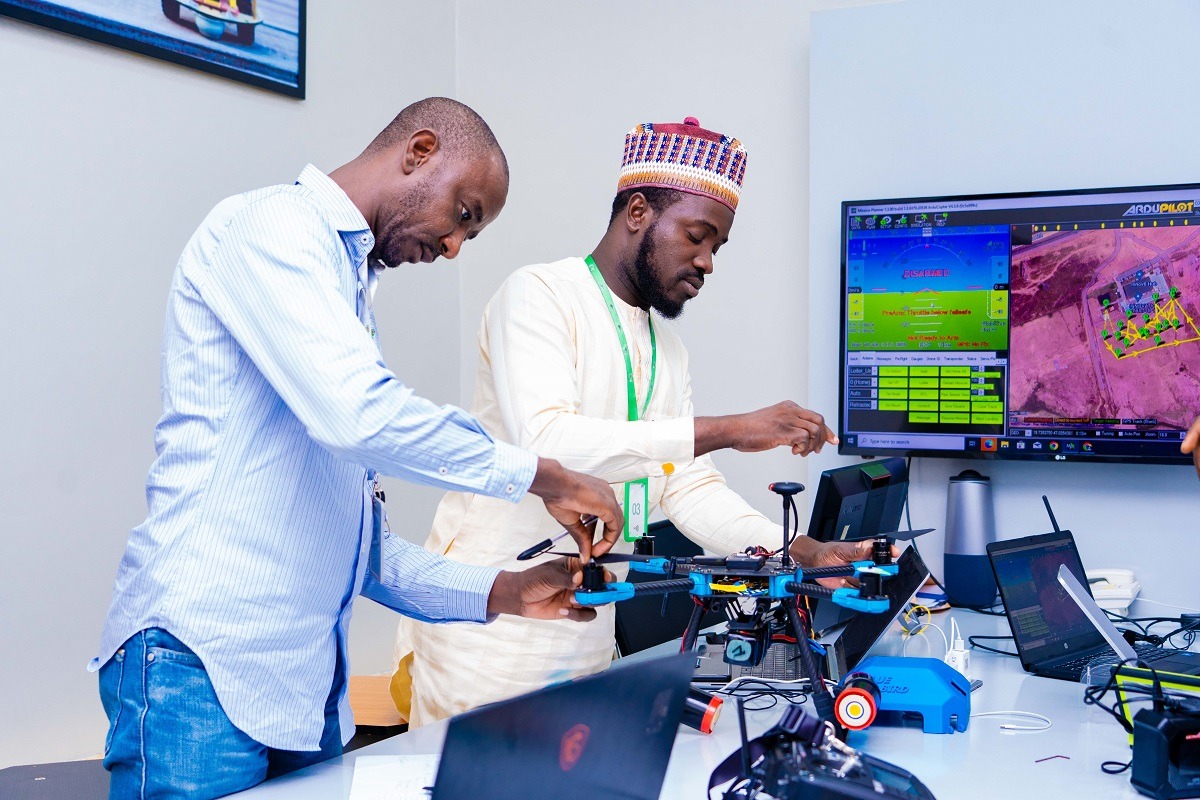TETFAIR STORIES: In the heart of Nigeria’s agricultural landscape lies a pressing challenge that has long hindered the potential of farms across the nation. Avian infestations have emerged as a persistent and damaging issue, casting a shadow over the abundance of crops and grains that should sustain communities. These unwelcome birds relentlessly invade fields, causing substantial economic losses, compromising food security, and leaving farmers more vulnerable than ever before. Nowhere is this issue felt more deeply than in Nigeria, where the agricultural sector stands as a cornerstone of both the economy and the livelihoods of millions.
A wide array of bird species contributes to this avian menace, their depredations reaching across diverse crops including maize, rice, sorghum, and millet. The dire consequences reverberate, intensifying the plight of small-scale farmers who are already at risk. Unfortunately, existing solutions, often imported from different contexts, fall short in the face of the unique challenges posed by avian infestations within Nigeria’s intricate agricultural tapestry. The nation’s crop diversity, farming practices, and local environmental conditions demand tailored, effective solutions.
TETFAIR STORIES: TEAM 5
Taking the lead in this endeavor is TEAM 5 from TETFAIR (TETFund Alliance For Innovative Research). Comprising experts from the Federal University Birnin Kebbi—distinguished academics including Prof. Abdulaziz Shehu, Prof. Isah Garba Abor, Dr. Abubakar Musa Shinkafi, and Abubakar Muhammad Hashim—this team brings together diverse fields such as design and development of drones, software engineering, and financial analysis. The innovators designed their drone, “Blue Bird,” to detect and deter avian intruders through the strategic use of distortionary sounds.

MARKET VALIDATION
In April 2023, during the Market Validation Stage of TETFAIR, TEAM 5 collected data from Northern Nigeria’s three geographical zones (Northwest, Northcentral, and Northeast) and subjected it to rigorous analysis using SPSS. Recognizing the need for collaborative efforts, the team established partnerships with Farmers Cooperative Societies including the Rice Farmers Association of Nigeria (RIFAN) and key authorities such as the Upper Benue River Basin Authority, RIMA Basin Authority, and Upper Niger Basin Authority, in addition to the Central Bank of Nigeria (CBN). Notably, international interest in Blue Bird’s services surfaced from investors based in Malaysia and Togo.
The journey from concept to reality wasn’t without challenges. Developing the Blue Bird Drone Technology prototype encountered hurdles, including limited drone battery life, mapping difficulties stemming from internet access disparities, and operational obstacles posed by terrains and autonomous flight patterns. Moreover, the team grappled with the broader challenge of creating awareness and a campaign program for farmers to comprehend the technology’s potential.
Nonetheless, the team’s unwavering commitment persists. As they navigate through the Prototype Development Bootcamp, they’re determined to address their challenges head-on and achieve several objectives, including enhancing the drone’s battery energy and capacity, incorporating additional predatory sounds to prevent avian acclimatization, providing comprehensive training for both planning and executing missions, and fostering farmer awareness through various media channels.
In the face of adversity, TEAM 5 remains dedicated to ushering in a new era for Nigerian agriculture. With their Blue Bird Drone Technology poised to make a significant impact, they exemplify resilience, innovation, and a collective vision for a more secure and prosperous agricultural future.






